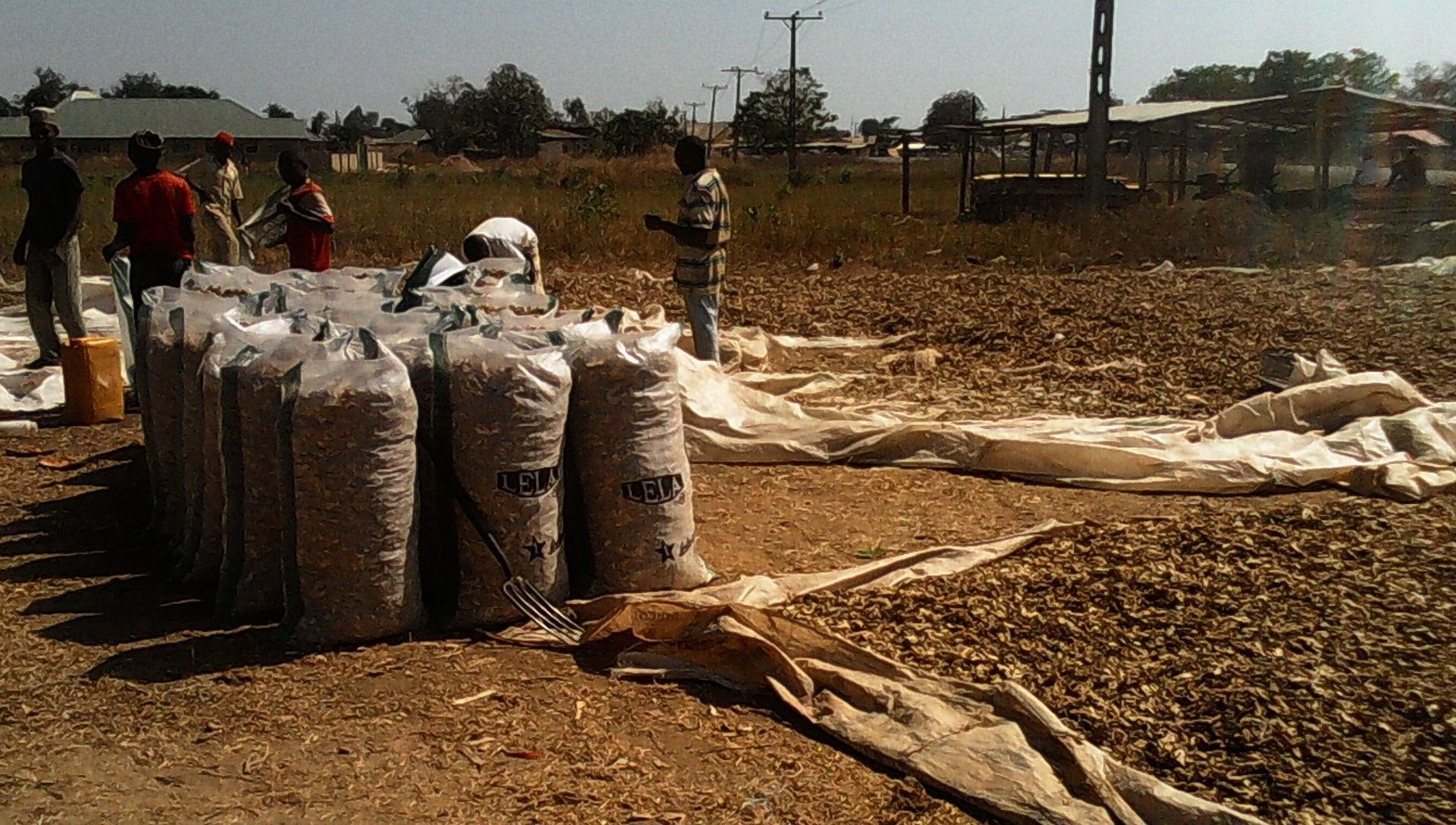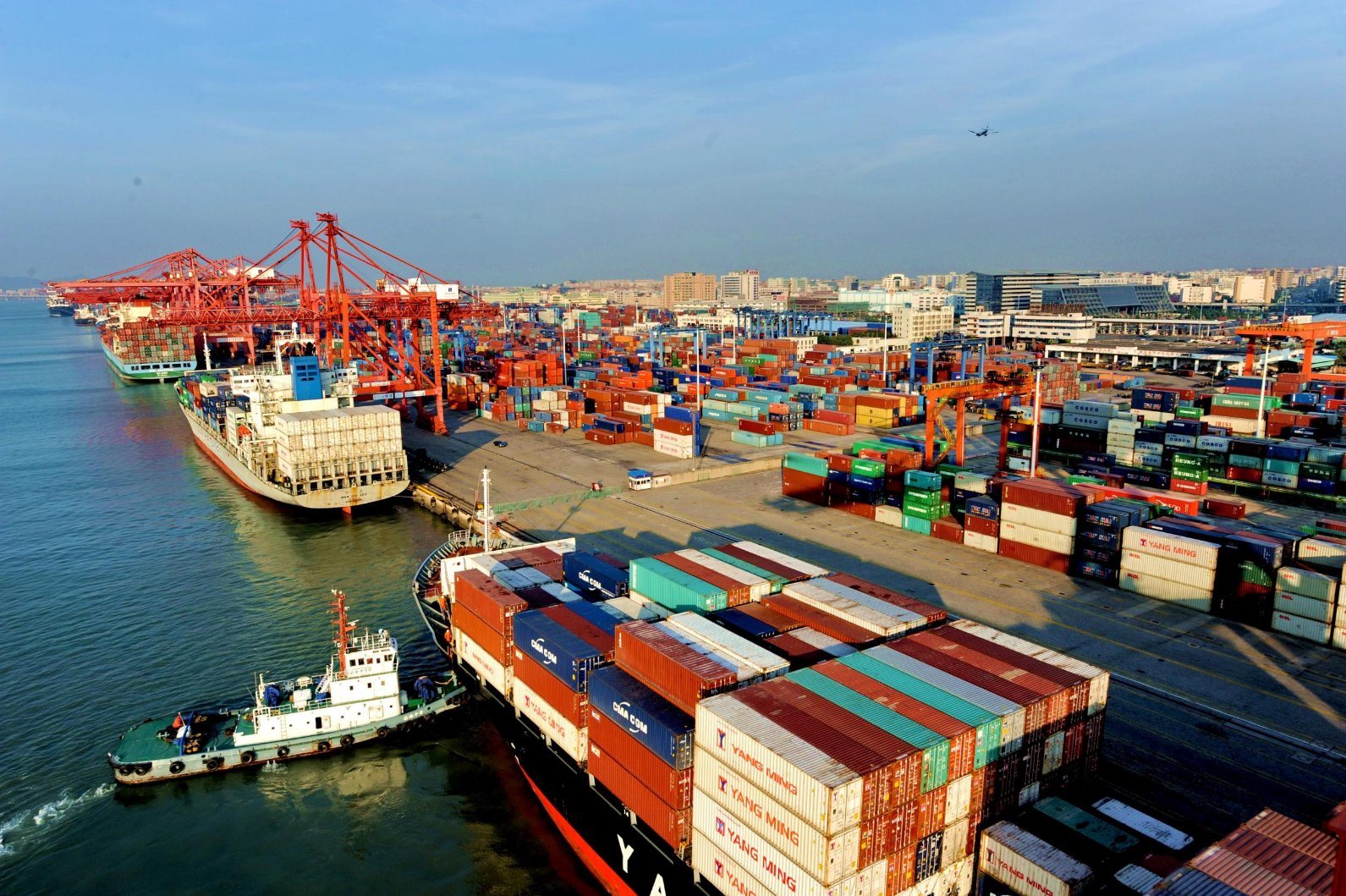Facilitating growth of small and medium enterprises in Nigeria, by France Ofili
Share

There is no gainsaying the fact that small and medium scale enterprises (SMEs) represent the fulcrum for the economic development of any nation.
This is because SMEs are the “engine of growth and catalyst for socio-economic transformation of any country, especially in developing countries like Nigeria,’’ according to economic experts.
The experts say that since the government cannot provide full employment for all the citizens, SMEs readily fill in the gaps in the employment situation in the country by providing jobs for a larger section of the citizenry.
These enterprises are widely recognised as a veritable vehicle for the achievement of national macroeconomic objectives in terms of employment generation at low investment costs and enhancement of apprenticeship training.
Due to the importance of SMEs in the nation’s economic scheme of things, the Federal Government in 2018 initiated a programme — Micro Small and Medium Enterprise (MSME) Clinics — to address the problems militating against the growth of MSMEs across the country.
The Vice-President, Prof. Yemi Osinbajo, said that MSME Clinic was part of the Federal Government’s efforts to improve the business environment in the country and find lasting solutions to the perceptible challenges facing the growth of MSMEs.
He said that the idea of the clinic was to increase the efficiency of MSMEs by providing them with practical growth strategies via the adoption of a time-saving approach.
He described Nigerians, especially the youth, as hardworking people who were endowed with great entrepreneurial skills that were capable of boosting the economic growth of the nation.
Osinbajo emphasised that the future of the country relied on small-scale businesses, which were mostly managed by youths.
“It is important that we, as government, should do our part because we have a key role to play in the growth of MSMEs in Nigeria.
“The clinic is how to develop small businesses to grow quickly; we know that funding is a major constraint to the development of MSMEs; so the Federal Government is determined to reverse the trend.
“Every business concern needs support and we are ready as a government to assist the MSMEs,’’ he added.
Osinbajo said the clinic was a platform for MSME entrepreneurs to discuss existing opportunities and the challenges confronting their businesses.
Commenting on MSMEs, the Minister of Industry, Trade and Investment, Mr Okechukwu Enelamah,
said that this category of enterprises contributed nearly 50 per cent of the nation’s Gross Domestic
Product (GDP).
He said that concerted efforts were being made to build the capacity of MEMEs, increase their access to finance and eliminate the drawbacks limiting the growth of the businesses.
He noted that the Federal Government inaugurated the National Council on MSMEs to sharpen its focus on MSMEs and boost the development of the sub-sector of the national economy.
Enelamah said that the government had also increased the access of MSMEs to finance by providing start-up capital and business expansion capital for entrepreneurs.
He said that other schemes aimed at boosting the growth of MSMEs included the World Bank-funded Growth and Employment (GEM) Project, which was particularly focused on Information, Communication and Technology (ICT), agro-processing, entertainment, tourism and construction businesses.
The minister recalled that at the end of 2016, the World Bank rated the GEM project as “unsatisfactory and underperforming’’ and even considered the outright cancellation of the project.
He said that the unacceptable rating by the World Bank necessitated the restructuring of the GEM project.
Enelamah said that the Federal Government and the World Bank reviewed and restructured the project to ensure that schemes such as funding, technical assistance, and capacity building programmes were provided “directly’’ to MSMEs.
He stressed that the country had achieved a lot through the GEM project, adding that the feats included the registration of over 89,000 MSMEs on the BIG portal
He said that more than 900 MSMEs across the country were given grants to implement their business plans, while over 40 local consulting firms were trained to deliver technical services to MSMEs.
The minister said that over 750 MSMEs had benefited from a training programme — Business Development Services Providers (BDSPs) — and over 21,000 MSMEs had received technical assistance, including training by the Enterprise Development Centre of Lagos Business School.
As regards funding, Mr Godwin Emefiele, the Governor of the Central Bank of Nigeria (CBN), said that the bank had disbursed over N100 billion to support the growth of MSMEs in the country.
He added that another N60 billion was specifically set aside to fund MSMEs in the agriculture and manufacturing sectors.
Emefiele said that the bank had recognised that the greatest challenge confronting MSMES and local farmers was access to finance, adding that efforts
to unlock the growth potential of MSMEs and smallholder farmers must involve hitch-free access to financial support.
He said that CBN would in due course initiate a programme that would directly bring banking services to the rural communities via the licensing of the National Microfinance Bank that would be sited in all local government areas in Nigeria, through which funding could be channelled to the rural communities.
Beyond that, the Federal Government, under its Business Incentive Strategy (BIS), approved a 90-day special window, from Oct. 1 to Dec. 31, 2018, to register businesses at a reduced rate of N5,000 (from N10,000) so as to facilitate the registration of MSMEs in the country.
The BIS is aimed at creating a window for MSMEs to formalise their businesses, which will enable the enterprises to open corporate accounts with banks, while having access to loans, grants and other government interventions.
In view of the benefits of BIS, coupled with the stakeholders’ demand for time extension, the government decided to extend the registration period by another three months – from Jan. 1 to March 31, 2019 — to enable more MSMEs to register and formalise their businesses.
All the same, Mr Adetokunbo Kayode, the President of Abuja Chamber of Commerce and Industry (ACCI), said that the management of funds meant for MSMEs by banks in the country represented a weak link in the finance of small businesses.
He, however, commended the government’s efforts to support MSMEs, particularly in the area of funding.
“The management of MSME funds by the banks is, however, a very huge issue; it is a weak link in the chain,’’ he said.
Kayode noted that Nigerian banks were not well-structured enough to fund MSMEs, saying that the organised private sector was ready to help canvass and develop new concepts of alternate funding mechanisms for MSMEs.
He said that the funding mechanisms would include finance leasing, peer certification for scrutiny of facility for MSMEs.
Kayode underscored the need to put in place targeted funding mechanisms for MSMEs so as to boost the national economy.
He, however, said that greater emphasis should be placed on the creation of financial institutions with specific focus on MSMEs.
He said that although the Bank of Industry (BoI) was set up for both big, small and macro industries; the bank could never serve the purpose which the government had in mind for the funding of MSMEs.
Kayode also called on the Federal Government to fully activate the National Council on MSMEs to promote the growth of MSMEs in the country, while tackling the challenges facing the enterprises.
He particularly underscored the need for the Council to launch pragmatic strategies that would grow small businesses in Nigeria.
The National Council on MSMEs was initiated in line with the dictates of the National Policy on Micro, Small and Medium Enterprises on Sept. 4, 2014 as the highest coordination policy making body in the MSMEs sub-sector.
















